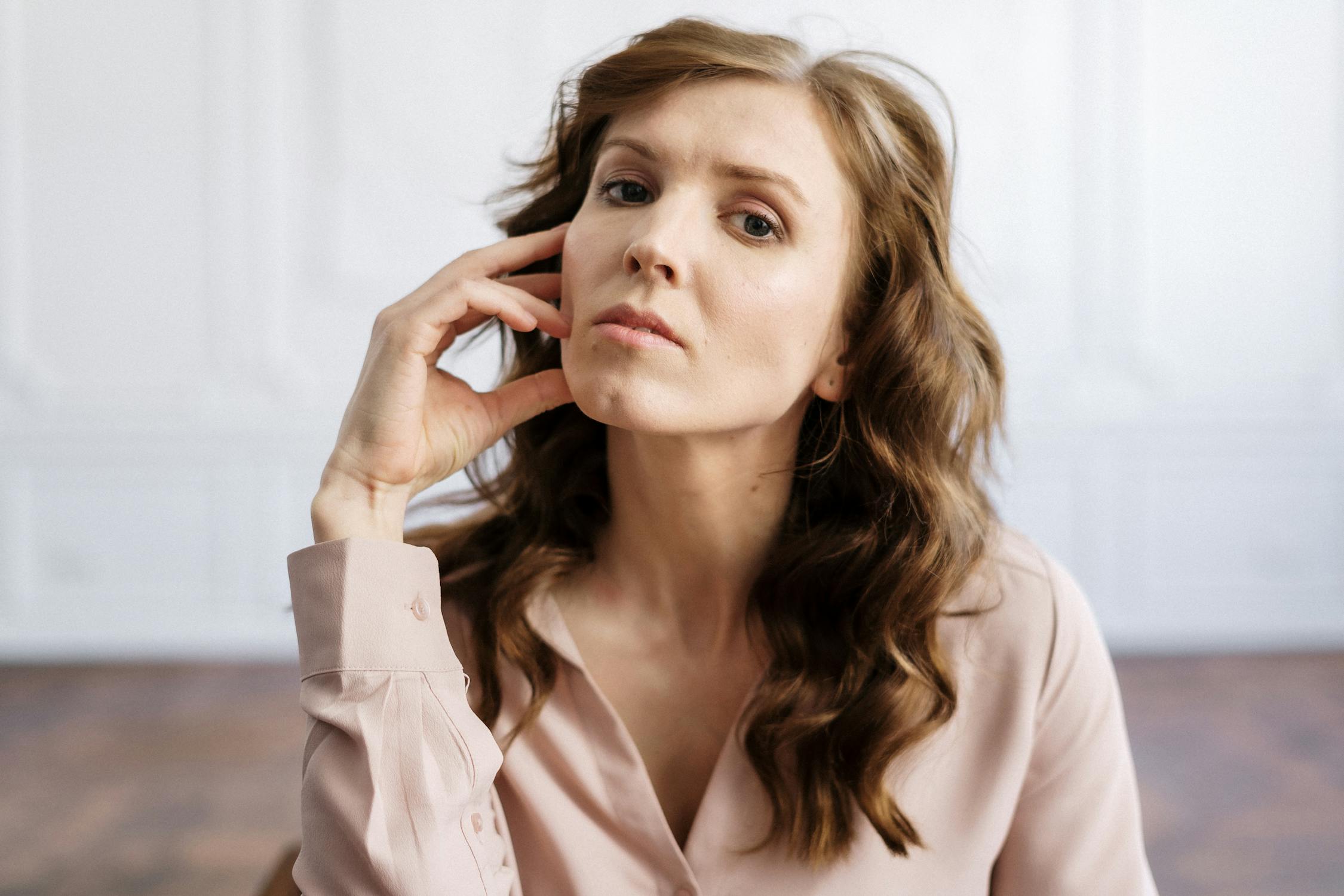Growing up in a dysfunctional home can leave behind emotional baggage that’s hard to unpack, even well into adulthood. According to psychologists, many of the coping beliefs children form in chaotic or unstable households stick around longer than we realize. These beliefs often helped us survive emotionally as kids, but they can mess with our relationships, confidence, and mental health as adults. The worst part is that they often feel normal or even logical, so we rarely question them. But recognizing these beliefs is a big step toward healing. You can’t fix what you don’t see. Below are five common toxic childhood beliefs and how they tend to show up in adult life. After that, we’ll talk about what you can do to shift your mindset and start feeling better. Healing takes time, but change is possible.
1. “My Worth Depends on How Useful I Am to Others”

If you were constantly praised only when you were helping or performing, this belief can feel like the truth. Kids in dysfunctional homes often become caretakers early, either emotionally or physically. You might have felt like your value came from doing things for others. As an adult, this can turn into people-pleasing or putting everyone else’s needs before your own. You may even feel guilty relaxing or saying no. It’s exhausting to tie your worth to your productivity or how much others need you. This belief also makes it hard to have boundaries or ask for help. You’re not a machine or a fixer. You’re a person who deserves love and rest, even when you’re not being “useful.” Worth isn’t something you have to earn.
2. “If I Show My True Feelings, I’ll Be Rejected”

In homes where emotions were ignored, mocked, or punished, expressing your feelings could have felt unsafe. You might have learned to hide your sadness, anger, or even joy. Over time, this turns into a belief that vulnerability is dangerous. As an adult, you may struggle to open up or feel distant in relationships. You might pretend everything is fine, even when it’s not. Or you stay silent because you fear being judged or misunderstood. The problem is that hiding your real emotions creates loneliness and disconnect. Healthy relationships are built on openness, not masks. It’s okay to feel, to cry, to be messy sometimes. Being yourself won’t push the right people away. It’s how the right people find you.
3. “Love Has to Be Earned, Not Given Freely”

Many people from dysfunctional homes only received love when they were doing something “right.” Maybe love was withheld as punishment, or it was conditional on your behavior. This creates the belief that love is something you must constantly work for. You might find yourself overcompensating in relationships or chasing people who don’t treat you well. This belief can also make you suspicious of genuine kindness, as if it must come with strings. But real love isn’t a reward. It’s not something you earn by being perfect. It’s something you deserve just for being human. Letting go of this belief means allowing yourself to be loved, even when you’re not at your best. It’s scary, but it’s freeing.
Read More: 10 Subtle Signs Someone Isn’t as Nice as They Seem
4. “Making a Mistake Means I’m a Failure”

Children raised in high-pressure or critical environments often grow up terrified of making mistakes. You might have been shamed, yelled at, or ignored when you slipped up. Over time, you begin to see mistakes not as lessons, but as proof that you’re not good enough. This belief creates anxiety and perfectionism. You might avoid trying new things or beat yourself up over small errors. It can also lead to procrastination because the fear of failing becomes overwhelming. But mistakes are a natural part of learning and growth. Nobody gets everything right all the time. Being kind to yourself when things go wrong is a form of healing. You’re not a failure. You’re a person doing your best.
5. “I’m Responsible for Other People’s Emotions”

In dysfunctional homes, kids are often blamed for things that aren’t their fault. You may have been made to feel responsible for a parent’s anger, sadness, or bad choices. This creates the belief that you must manage other people’s moods to feel safe. As an adult, this can show up as walking on eggshells or over-apologizing. You might take on guilt that doesn’t belong to you. This belief can also lead to codependency and burnout. But the truth is, you’re not in charge of how other people feel. You can be kind and supportive, but their emotions are their own. Letting go of this belief brings relief and helps you focus on your own needs.
How to Start Healing Your Mental Health

The first step toward healing is recognizing that these beliefs aren’t facts. They’re learned patterns, and they can be unlearned. Therapy is one of the best tools for this kind of healing. Talking to a professional helps you explore where these beliefs came from and how they affect your life now. Journaling can also be a powerful way to track your thoughts and challenge negative self-talk. Practicing mindfulness or grounding exercises helps you stay present instead of stuck in old fears. It’s also important to surround yourself with people who support your growth. Healing isn’t about blaming your parents forever. It’s about taking responsibility for your mental health today. You don’t have to do it alone, and you don’t have to rush. Progress is still progress, even when it’s slow.
How to Replace Toxic Beliefs with Healthier Ones

Replacing toxic beliefs takes time, but it’s worth the effort. Start by noticing your inner dialogue. When that old belief pops up, pause and ask: is this really true? Then try to reframe it into something more supportive. For example, “I’m only worthy if I’m helpful” becomes “I’m worthy just because I exist.” It may feel strange at first, but repetition helps. Use affirmations, sticky notes, or reminders on your phone. Talking to trusted friends can also help you see things from a healthier perspective. Reading books on inner child work or self-compassion can offer guidance and insight. Some favorites include The Gifts of Imperfection by Brené Brown and Running on Empty by Jonice Webb. Most importantly, be patient with yourself. Change doesn’t happen overnight, but every small shift matters.
Conclusion

Growing up in a dysfunctional home can affect the way you see yourself and the world around you, even years later. Many of the beliefs you picked up as a child were shaped by fear, survival, or confusion. At the time, they may have helped you feel safe or accepted. But as an adult, they often hold you back from living fully and connecting with others in a healthy way. The good news is that you are not stuck with those beliefs forever. You can unlearn them. You can choose new thoughts that support your growth, your peace, and your happiness.
Healing is not about blaming the people who hurt you. It is about understanding the impact they had and giving yourself what you didn’t get. You deserve to feel safe being yourself. You deserve to speak up, set boundaries, and rest without guilt. And yes, you are allowed to make mistakes without thinking you are a failure. These changes take time, and there will be setbacks. That’s okay. What matters most is that you keep showing up for yourself, little by little. With each step, you rewrite the story that was written for you. And in doing so, you become the author of your own life.
Read More: 25 Phrases Toxic Moms Commonly Use, According to Experts

